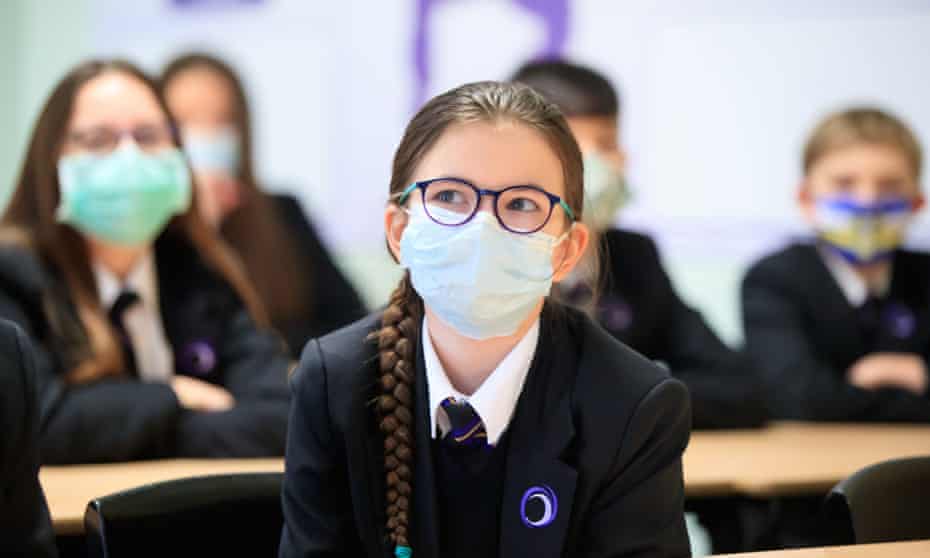
Governance and Catch Up
The pandemic has had an unequal effect on pupils within schools, with the Education Policy Institute’s report on education recovery estimating that without significant catch up funding, a minimum of £78bn of lifetime earnings will be lost by current pupils before any other affects are even considered.
Whilst there may be questions for government about their catch-up proposals, there is also a role for governors and trustees to consider how resources are used in school going forward to ensure that these are being spent in the best way possible to try and overcome some of the disadvantage that has been caused.
Aligning the spending of the school/trust with the strategic priorities is incredibly important and something that will need reviewing by schools as we come out of the pandemic, but this will also lead to considerations about the curriculum and the educational provision that the school is providing. Whilst there may be some elements of pandemic education provision that schools will be glad to see the back of, are there some elements that worked well?
In addition, there is evidence that the pandemic has caused a national increase in the number of pupils reporting mental health concerns, from lower level anxiety to support that requires the input from CAMHS. Schools will need to consider what support they can offer within school and how their provision can best enable pupils to overcome barriers to education that might persist.
CAMHS waiting lists are often long with the threshold for intervention steeper than it should be and whilst schools are not set up to provide mental health provision, many schools have considered what provisions or support they can provide pupils access too.